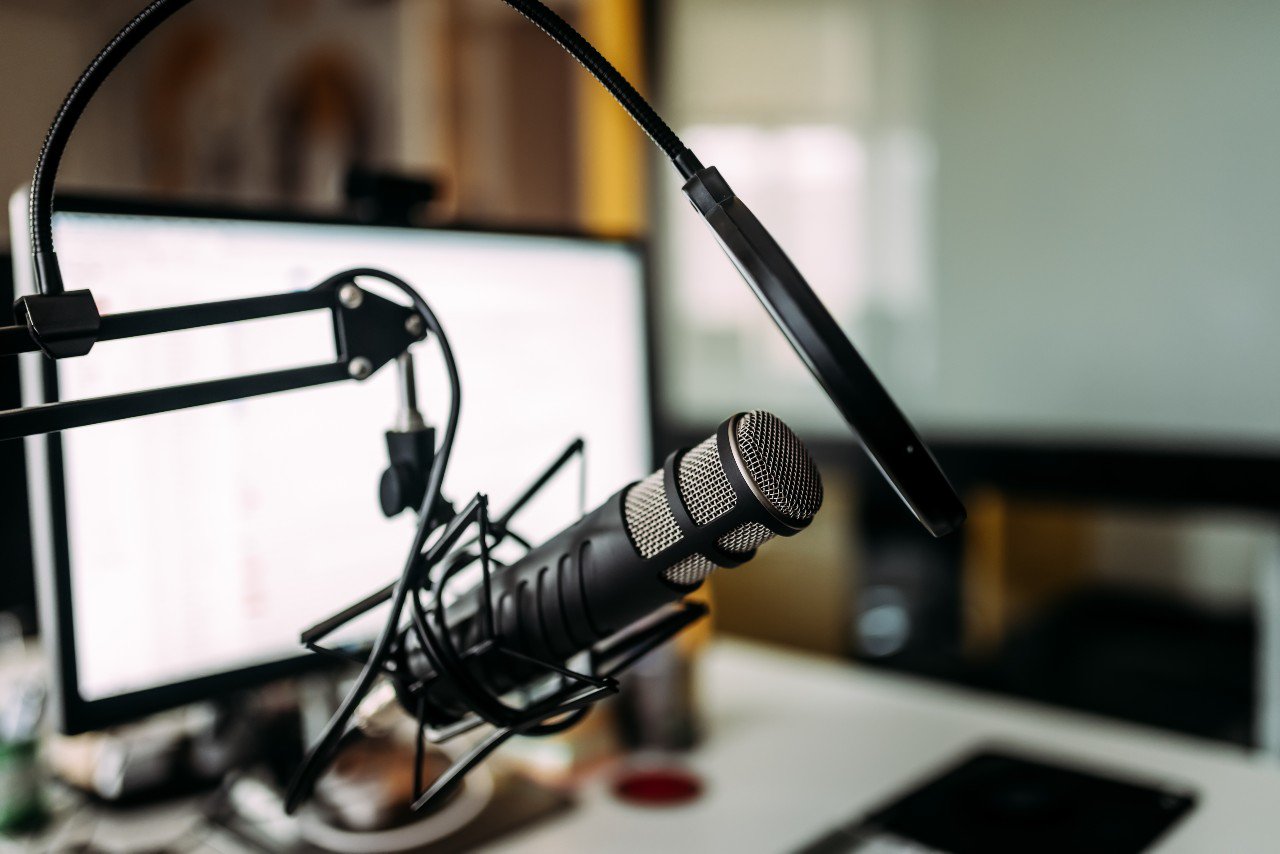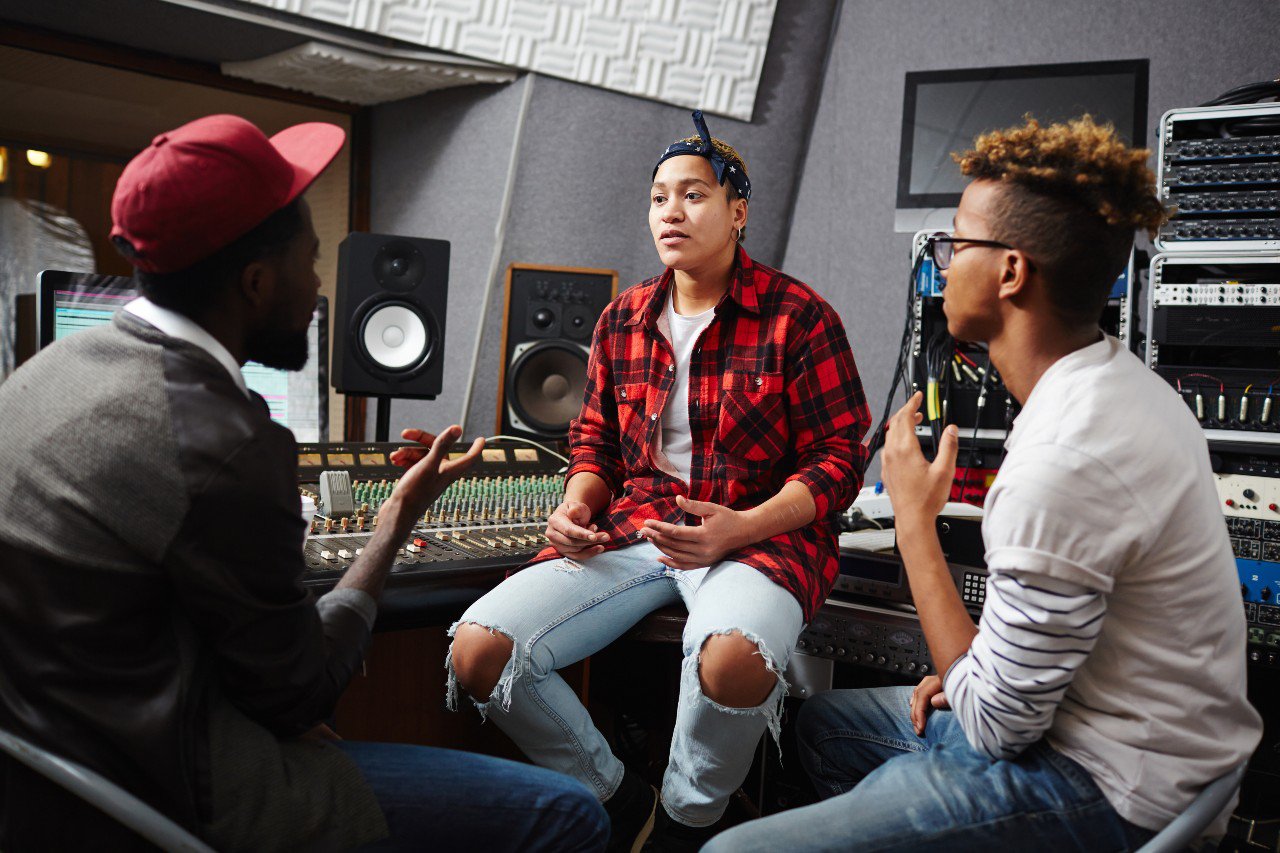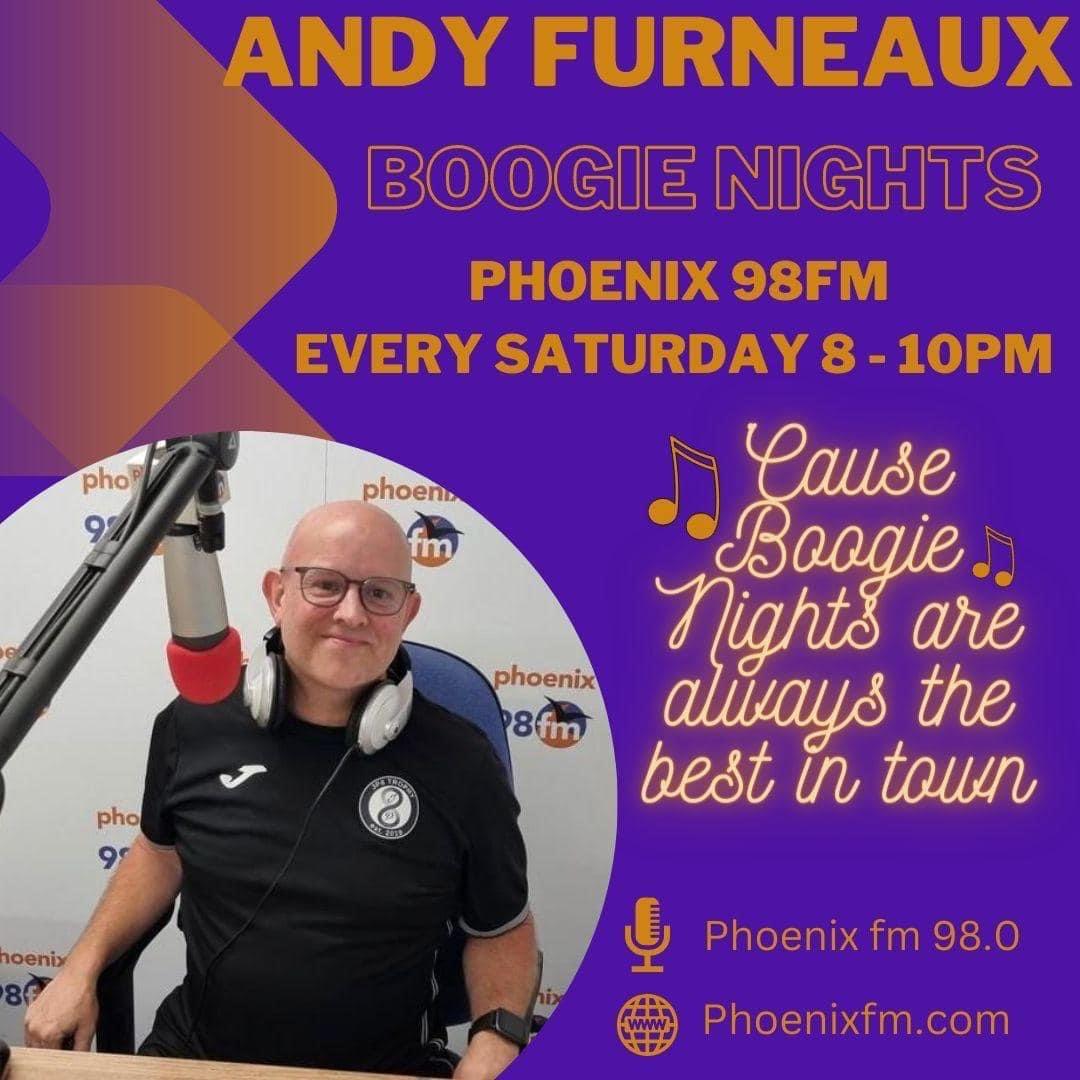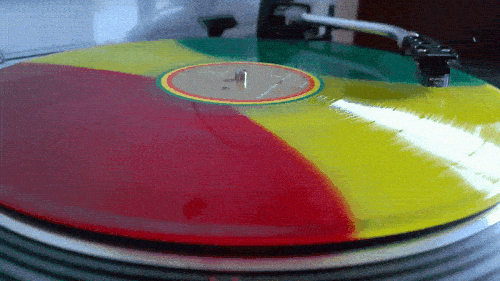
With everyone practically the world over spending more time at home there has arguably never been a better time to start an internet radio station.
With just a few orders from Amazon and a little investment in a cloud-based radio platform you can be broadcasting in no time at all.
Perhaps you have always dreamed of being a DJ, having your own radio station, or you want to promote your music, company, or organisation.
In 2020/2021 setting up a radio station is easier than ever before, with resources at your fingertips that enable you to set up a station in practically minutes. You can upload music and organise playlists easily – setting up an internet radio station no longer only accessible by big corporate organisations with money to invest.
With no need for hefty equipment, you can get started with barely any requirements. All you need is a laptop, a microphone, (a few bits of additional kit if you really want to smash it) and a host of exciting ideas about how to connect with your target audience.
In short, it’s never been simpler to set everything up quickly so you can reach a wide audience with your curated content. But, how do you get started? Read on to get some expert advice and pointers that will ensure your venture gets off to the best possible start.

Equipment & Tools
You will need at least a little equipment to get started with your internet radio station.
Microphone
Assuming your radio station isn’t 100% pure music – and even if it is – you will probably want to say something at least once in a while.
Spending a little cash on a microphone can make your voice (and that of any of your radio guests) sound smooth and professional.
If you are just starting out and have a really low budget – you could try to make do with your laptop or webcam microphone – but honestly this is a false economy – anyone listening to your shows will not be impressed by a webcam mic. They sound very low quality and more than a little echoey. Fine if you are just doing this for fun with your friends of course!
A half-decent microphone can cost as little as £60 to £100, so it doesn’t have to break the bank.
If you do get a good microphone – you will need to consider how to plug it in. Will you get a USB mic for example which you can plug straight into your computer, or a pro mic that will require a mixing desk or similar.
If you think you will ever be in the position to have more than one presenter or have guests, you may want to think about getting a second microphone, or one with a setting that allows you to record more than one person’s voice at the same time.
Mixing Desk
All pro radio stations use a mixing desk. They allow you to pull together all the different audio elements of your show and mix them together.
For example you can mix together the microphone inputs, audio players such as turntables, CD decks or MP3 players.
There are a few different types of mixing desk, depending on your budget and preferences: digital, analogue, and software-based.
If you are just getting started and want to save a little cash you will probably be fine with a software based platform.
Headphones
If you are just getting started out then using whatever headphones you have available will be fine.
In the long-run, or if you want to smash things straight away, you will probably want to invest in a pair of headphones with decent sound quality and a good level of comfort: you will be wearing them for long periods!
In-ear headphones will do when you are just starting out, but really you want a pair of over-ear headphones to block out external sounds.
All-in-one Internet Radio Platform
If you don’t have the tools and tech needed for the job then setting up a radio station can be challenging.
However with an all-in-one internet radio platform like Radio.co you are provided with all the software, tools, apps and infrastructure needed to set up and broadcast your internet radio station.
Upload Your Media
One of the first steps to starting an internet radio station is to upload your media. Organising your files and managing your media can be done quickly and easily by uploading your favourite music to the cloud. You can categorise your tracks by genre, year, or format, and set customised tag names so you know what you’re looking at.
Once you’ve uploaded your media, you can then craft playlists that your listeners are sure to love. Make sure that they’re engaging and diverse by combining talk and music with news and jingles so your shows have a professional touch.
Scheduling Your Shows
Once you know what you want your listeners to hear, you then need to schedule your shows. Decide what you’ll be broadcasting at which time. Choose the duration, time, and day to suit the listening tastes and preferences of your target audience.

Collaborating On Presentation
Working with other presenters is the easiest option when it comes to creating professional-sounding shows, but it isn’t always easy to get multiple presenters in the same space. Luckily, it’s possible to have several presenters recording from different locations by using direct recording in their browser,
Broadcasting From Anywhere At Any Time
When you broadcast online, everywhere can be a radio station. As long as you have a microphone, a laptop and a working internet connection you can turn any room into your working studio. You can even go live in a matter of seconds, so whether you want to broadcast breaking news on a live takeover, or a talk show from your front room, it won’t be a problem. To make your radio station dreams come true, you will need a reliable internet connection, as without this, you won’t be able to get on air. If you don’t currently have a strong and reliable internet connection, then you might need to consider changing your provider. For a fast connection that won’t let you down, think about getting fiber internet at home so you can broadcast with peace of mind that you won’t be taken off-air.
Remember that dead air is an unforgivable error when broadcasting. However, the best thing about online radio is that you can run shows 24/7 in the background. That means that if a problem occurs in your live show, such as a malfunction in the hardware or a lost internet connection, you’ll find that customised playlists can take over in a matter of seconds – so your listeners won’t be left listening to the sound of silence.
Promoting your Station & Expanding Your Reach
All radio presenters want to be heard, however, there’s a lot of options when it comes to online radio stations so you need to ensure that yours stands out. You can do this by creating a strong social media presence, or by designing custom Android or iPhone apps. You can also grow a listening community by making sure your station is featured in the biggest online radio directories.
It may seem difficult to become a recognisable name with your online radio station, but believe it or not, you can create an irresistible brand. From the tone of voice you use to your brand identity, you can ensure your station sticks firmly in the minds of your listeners.
By creating a memorable logo and designing effective jingles, outros, and intros, you can forge a strong connection between your content and your brand in the minds of your audience.
Essential:
- Social media
- Website
- Radio directories
- Logo
Optional:
- App
- Online ads
Monetising Your Shows
If radio is your passion, why not turn it into a valuable side hustle that brings in some extra income? It may not be quick or easy to make profits from your radio station, but if you’re prepared to put in some dedication and hard work, you’ll find that it’s perfectly possible to turn your radio enterprise into your full-time job.
There are several ways in which you can monetise your radio station:
-
Advertising – ads and short promos from companies that want to address your listeners are a tried and tested way to monetise any radio station. Whether global or local, you can give businesses that want to be more widely noticed an effective platform on which to broadcast and make profitable returns.
-
Sponsorship – endorse services and products that you consider worthwhile. You can strike deals with companies to mention them during your broadcasts.
-
Affiliates – companies such as eCommerce stores will pay per click or pay a percentage of the sales that are made through you when you join affiliate programmes.
-
Donations – you can ask your listeners or your local community to support your radio venture. You can use well-known crowdfunding platforms to raise money that will cover the costs of streaming, help to pay for new equipment and to invest in your radio station.
-
Selling merchandise – you can get your radio brand noticed by starting up a side-business selling merchandise. It’s possible to create and design customised merchandise bearing your logos, such as t-shirts, mugs, hoodies, and hats.
Help Getting Started
It needn’t be difficult to start up your radio station. In fact, in this day and age of the internet, it couldn’t be simpler thanks to the technology that is at your disposal. Nevertheless, you may need a little extra help and advice to get your broadcasting venture off the ground. If you’re ready to launch your online radio station, check out the Radio.co platform today or start out by reading some of our guides on how to start your own radio station.
With more than 15 years of experience in the industry, we’re your first choice when it comes to broadcast partners. With our user-friendly, yet powerful radio broadcasting platform, we’re best-placed to help you to reach your listeners. Contact us today to find out more about how we can help.

































